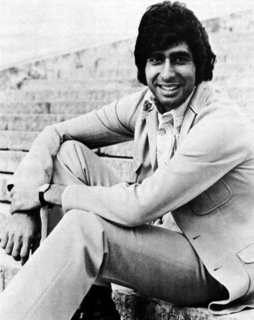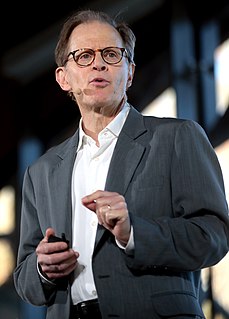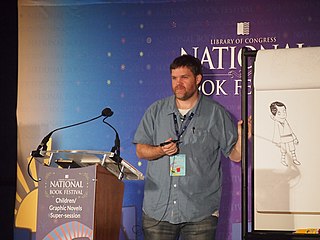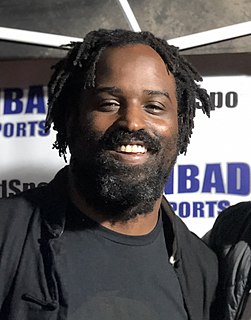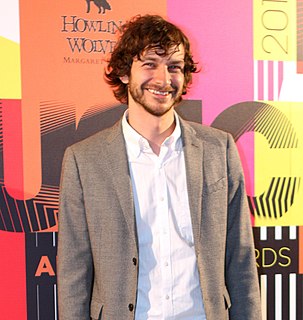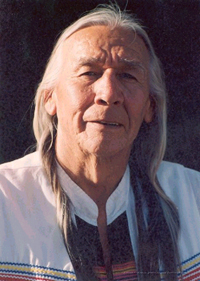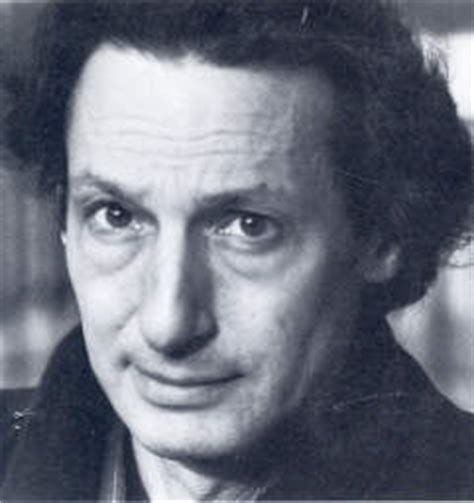A Quote by Jamila Woods
I think of music as creating a space. I like to put things in that are comforting to me and are nostalgic. To me, that's what sampling does in songs; it's making deeper layers for people who know where it comes from, but also referencing another part of my history and my memory or a memory that I have.
Related Quotes
On one hand you have a string quartet, which is not a symphony. On the other hand is you have me sampling them and making it sound like there is many more people playing, so the whole notion of, kind of, sampling applied to classical music is very intriguing to me because composers throughout history have borrowed motifs and quotes from one another.
We no longer see the evolution of the nervous system, but that of a certain individual. The role of the memory is very important but... not as important as we believe. Most of the important things that we do don't depend on memory. To hear, to see, to touch, to feel happiness and pain; these are functions which are independent of memory; it is an a priori thing. Thus, for me, what memory does is to modify that a priori thing, and this it does in a very profound way.
It's funny: not only with the title of the album but also the song [It's Decided]. I kind of felt nostalgic. The beginning lyric is, "There's almost a sentimental feeling to another time," and when I got together with Kevin, he just absolutely, in his own fashion, just pushed me to go deeper than I usually would want people to know. That was the most difficult part for me was to bring someone in.
What is memory but the repository of things doomed to be forgotten, so you must have History. You must have labor to invent History. Being faithful to all that happens to you of significance, recording days, dates, events, names, sights not relying merely upon memory which fades like a Polaroid print where you see the memory fading before your eyes like time itself retreating.
Memory is corrupted and ruined by a crowd of memories. If I am going to have a true memory, there are a thousand things that must first be forgotten. Memory is not fully itself when it reaches only into the past. A memory that is not alive to the present does not remember the here and now, does not remember its true identity, is not memory at all. He who remembers nothing but facts and past events, and is never brought back into the present, is a victim of amnesia.
Depending on their fondest memory of you, most people hold on so tightly to their fondest memory they don’t usually let you be anything greater than that. And that’s one of the things I think I allowed myself to be a victim of earlier in my career. What I learned as I got older is I decide. I decide what it’s like for me, not other people. You can be whatever you’d like to be. You just have to choose it.
A big part of making music is the discovery aspect, is the surprise aspect. That's why I think I'll always love sampling. Because it involves combining the music fandom: collecting, searching, discovering music history, and artifacts of recording that you may not have known existed and you just kind of unlock parts of your brain, you know?
There is an ancient Indian saying that something lives only as long as the last person who remembers it. My people have come to trust memory over history. Memory, like fire, is radiant and immutable while history serves only those who seek to control it, those who douse the flame of memory in order to put out the dangerous fire of truth. Beware these men for they are dangerous themselves and unwise. Their false history is written in the blood of those who might remember and of those who seek the truth.
Historians constantly rewrite history, reinterpreting (reorganizing) the records of the past. So, too, when the brain's coherent responses become part of a memory, they are organized anew as part of the structure of consciousness. What makes them memories is that they become part of that structure and thus form part of the sense of self; my sense of self derives from a certainty that my experiences refer back to me, the individual who is having them. Hence the sense of the past, of history, of memory, is in part the creation of the self.




